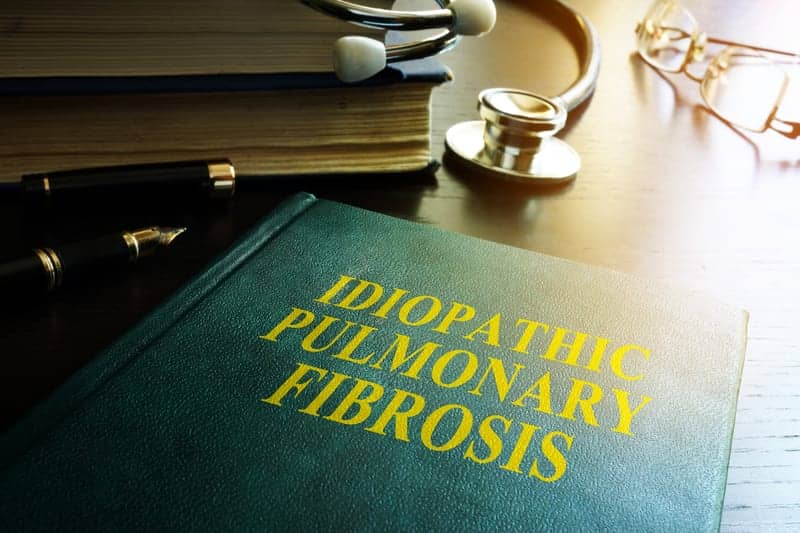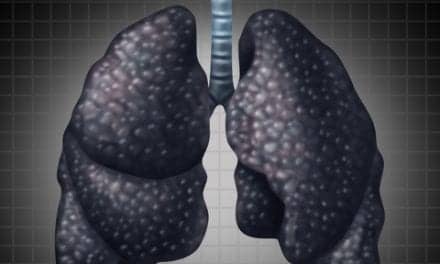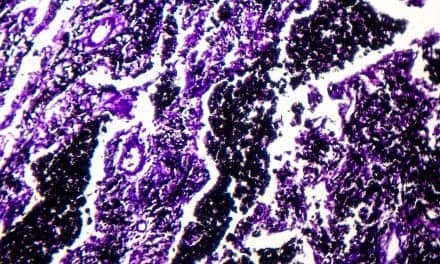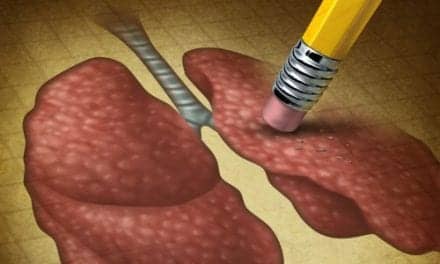A plant compound called parthenolide significantly reduces lung fibrosis and its associated inflammatory responses, according to a study conducted in mice with idiopathic pulmonary fibrosis.
The work also exposed the mechanisms behind parthenolide’s actions, providing a deeper understanding of lung fibrosis’ mechanisms and potential therapeutic targets.
The study, “Parthenolide attenuated bleomycin-induced pulmonary fibrosis via the NF-?B/Snail signaling pathway,” was published in the journal Respiratory Research.
In pulmonary fibrosis, uncontrollable proliferation and activation of fibroblasts — cells that produce proteins implicated in wound-healing and tissue scarring (fibrosis) — leads to the accumulation of scar tissue in the lungs, which ultimately impairs their function.










